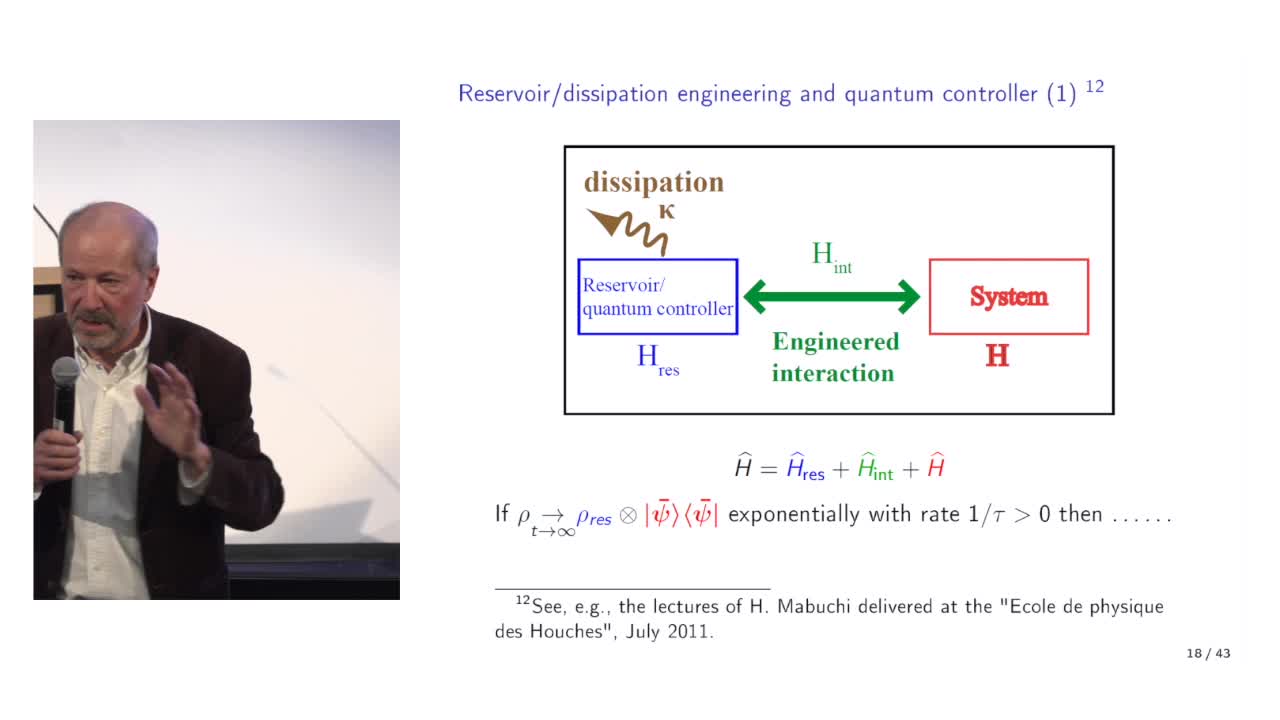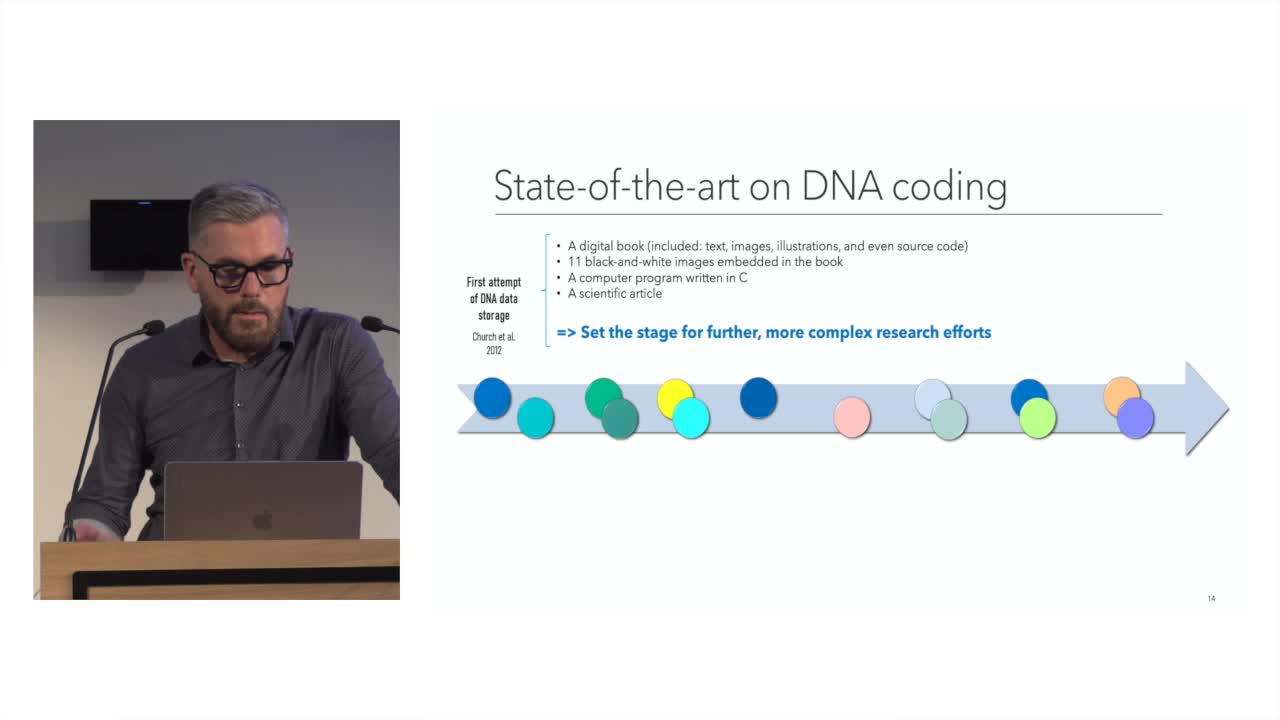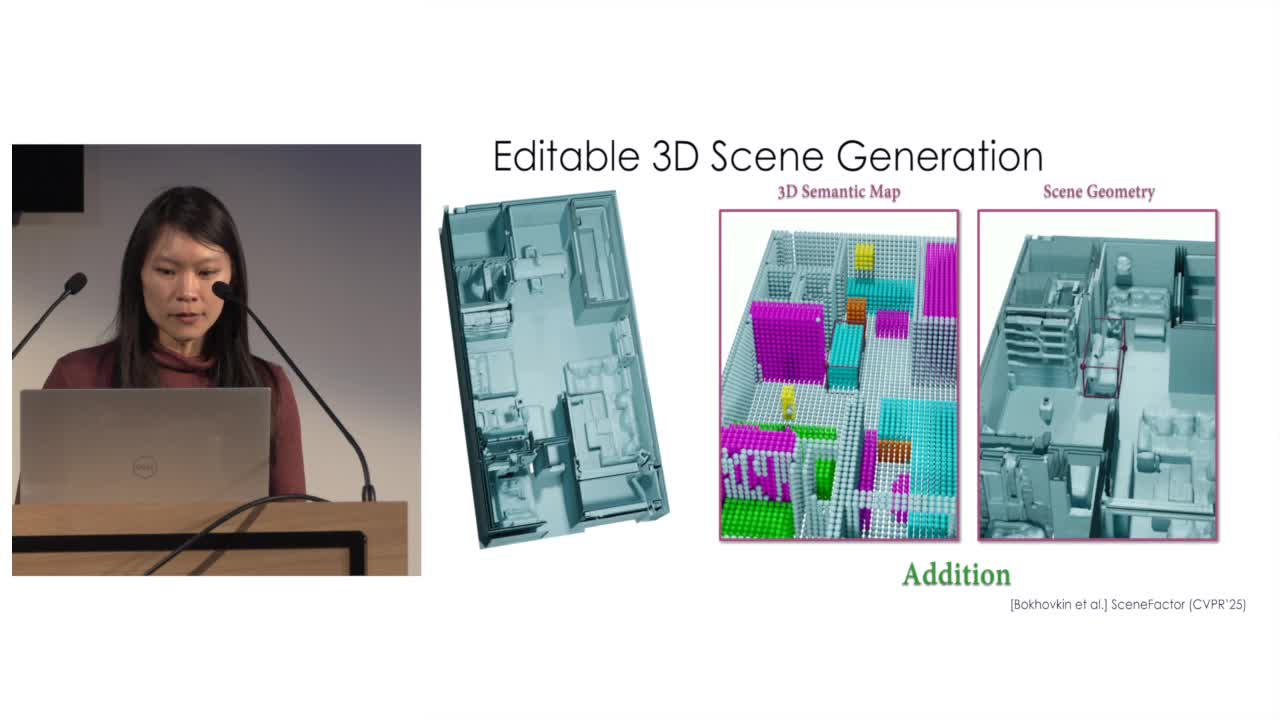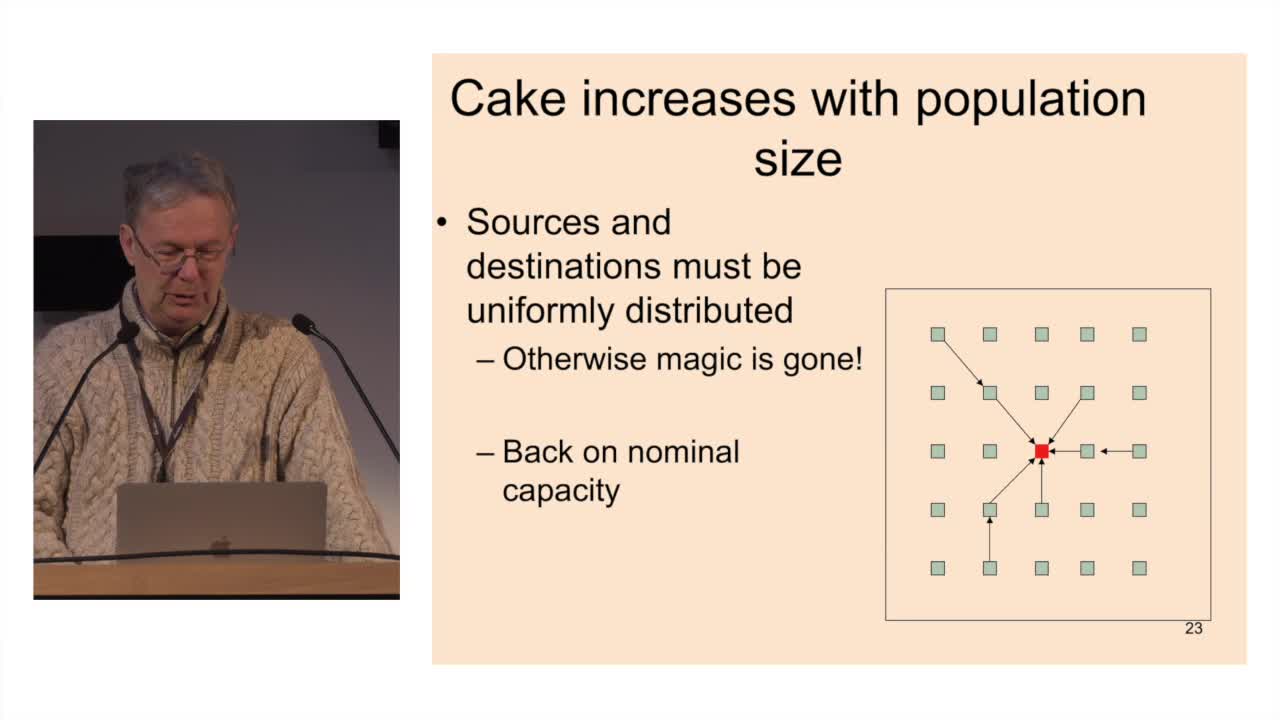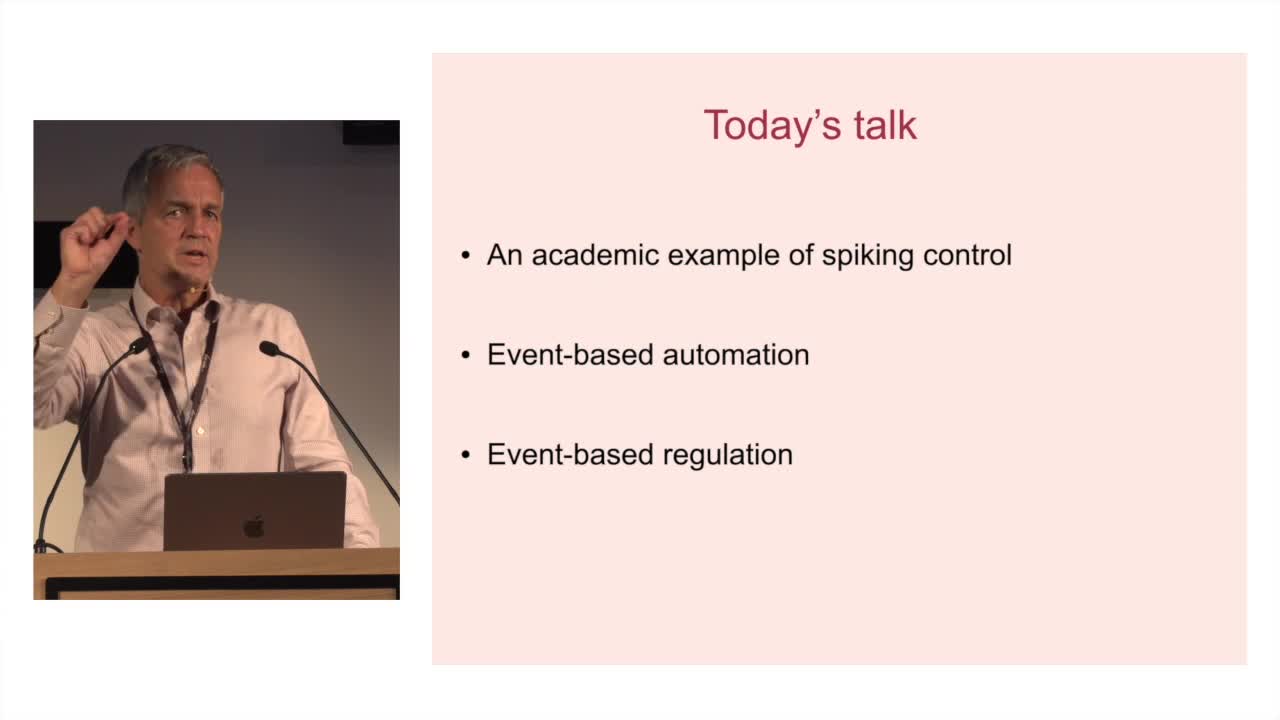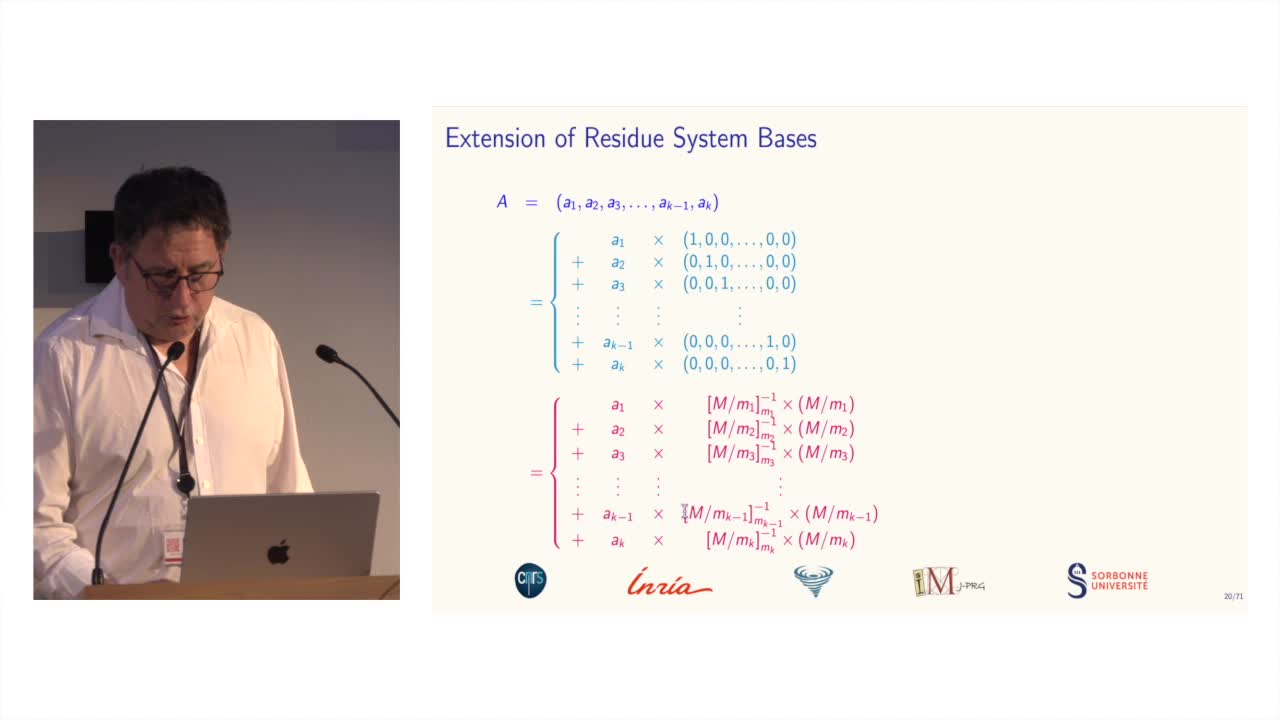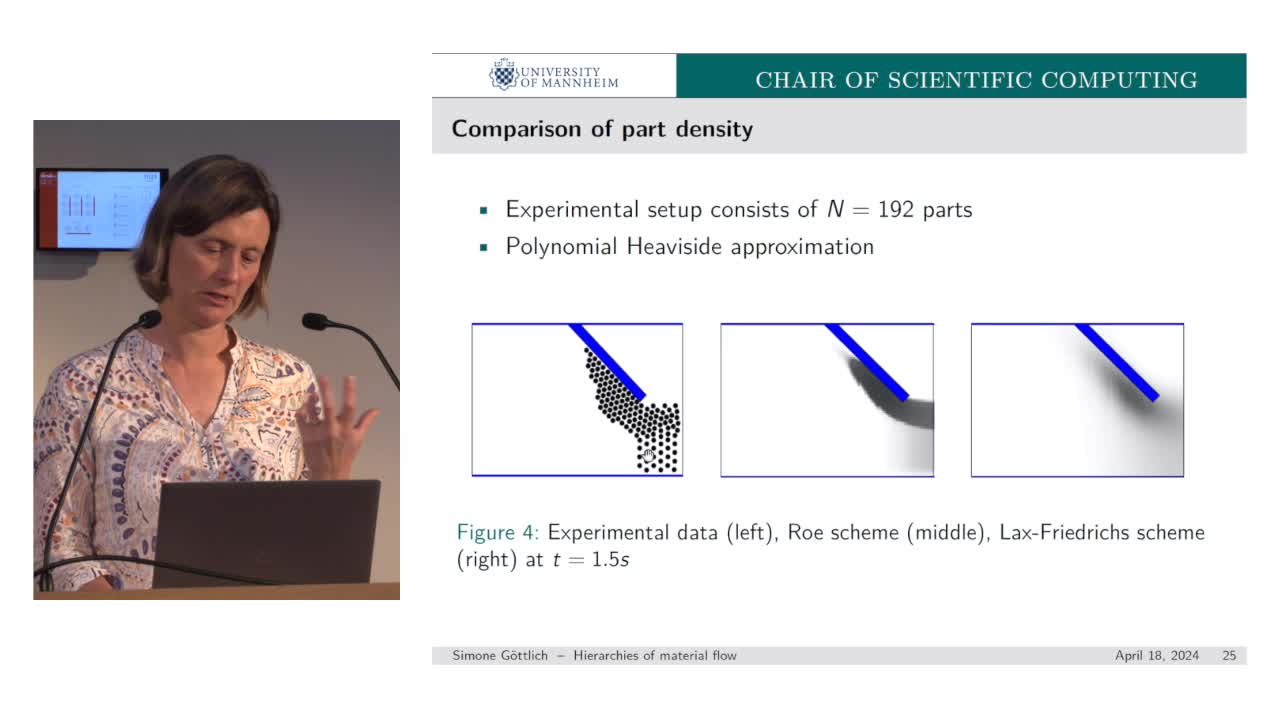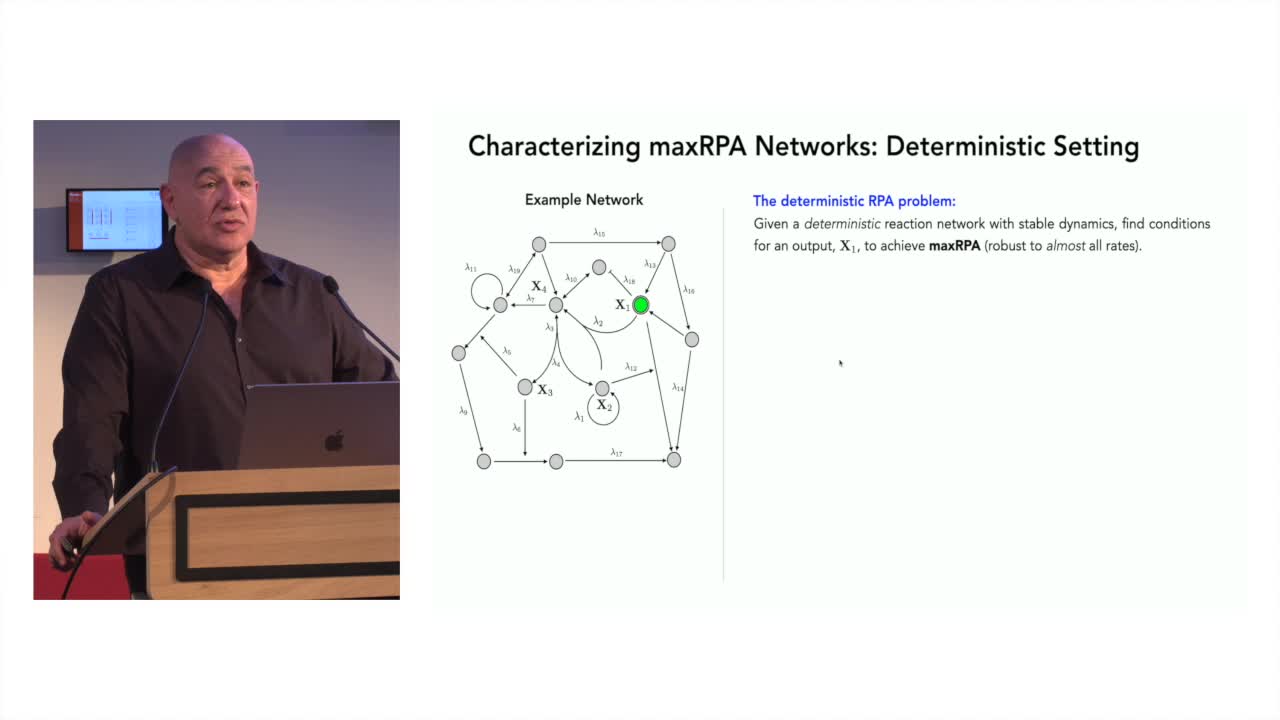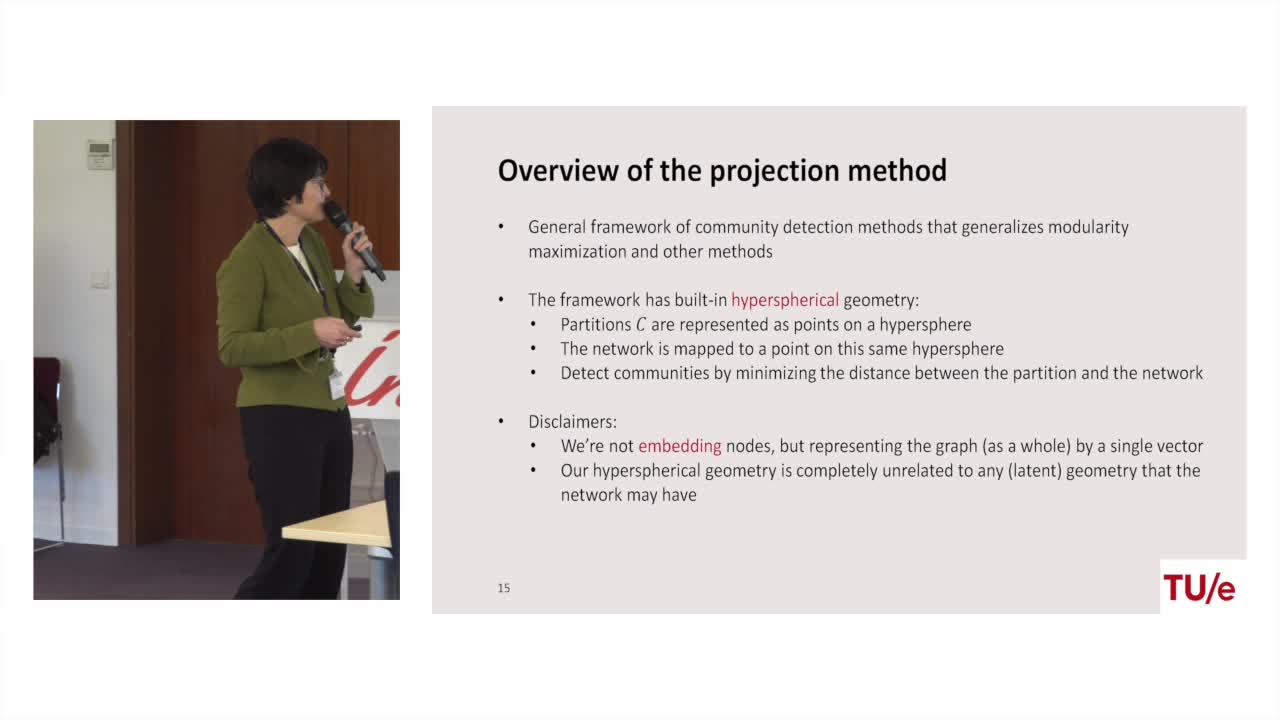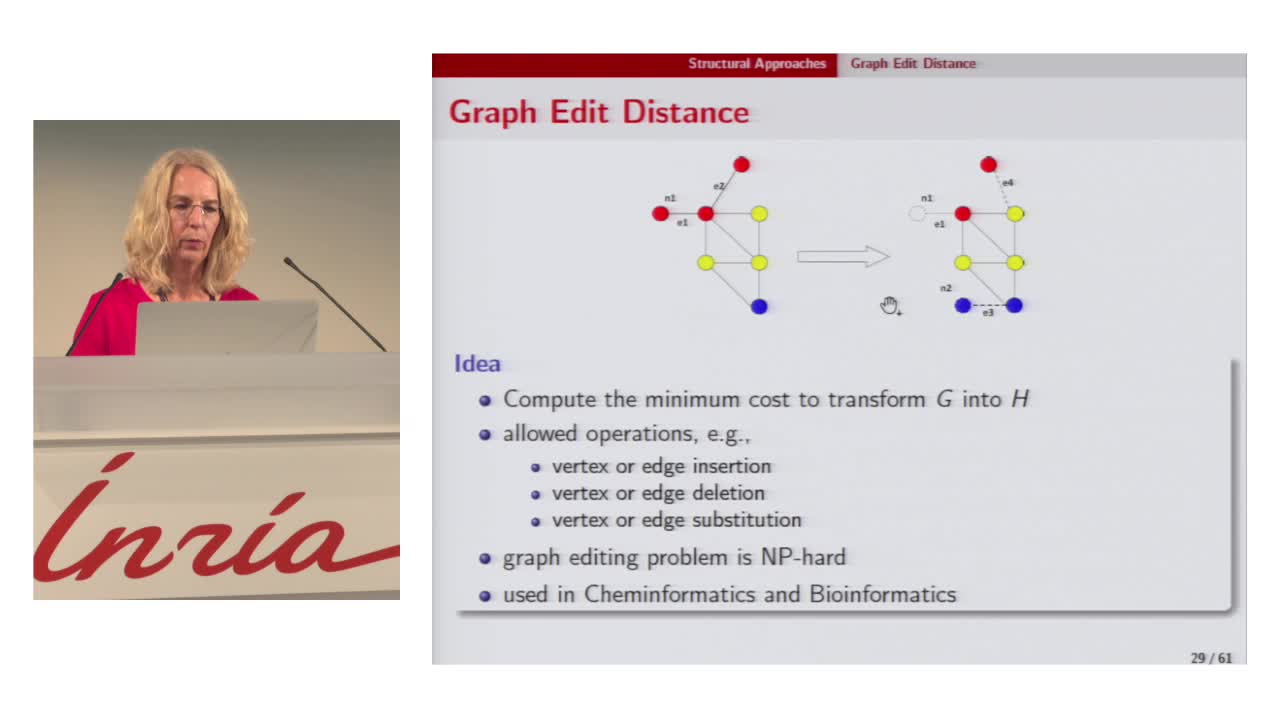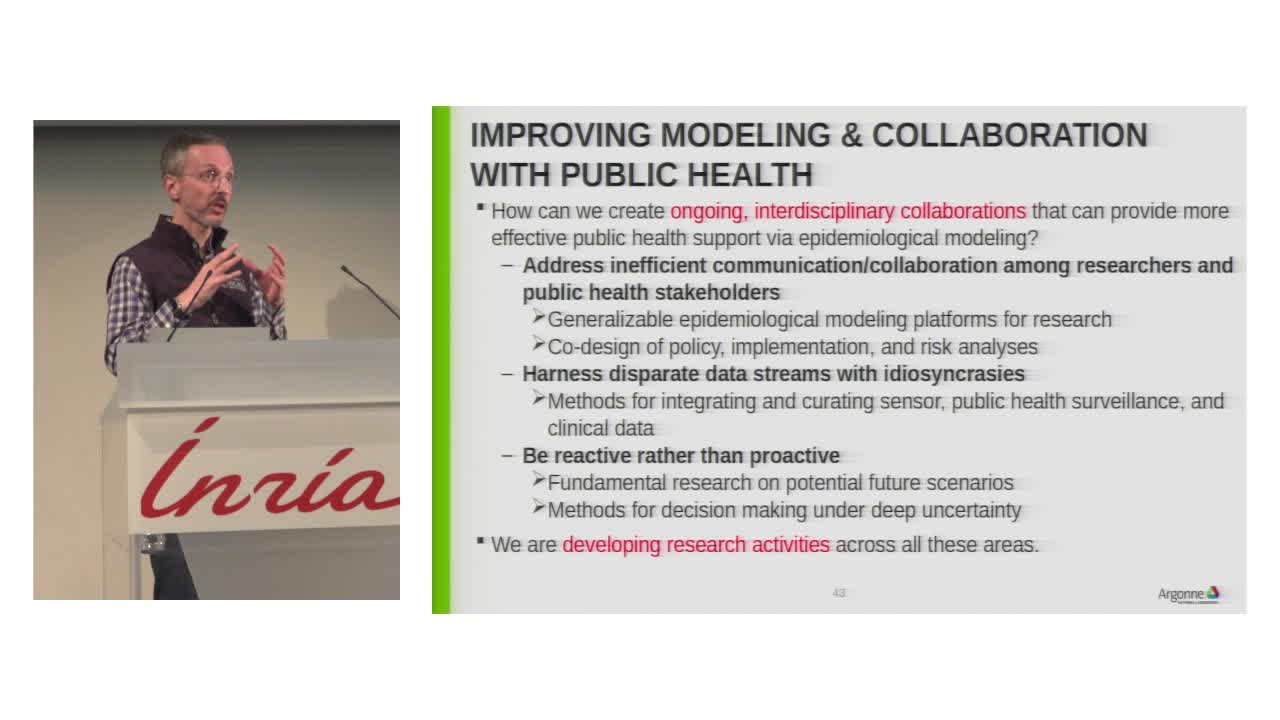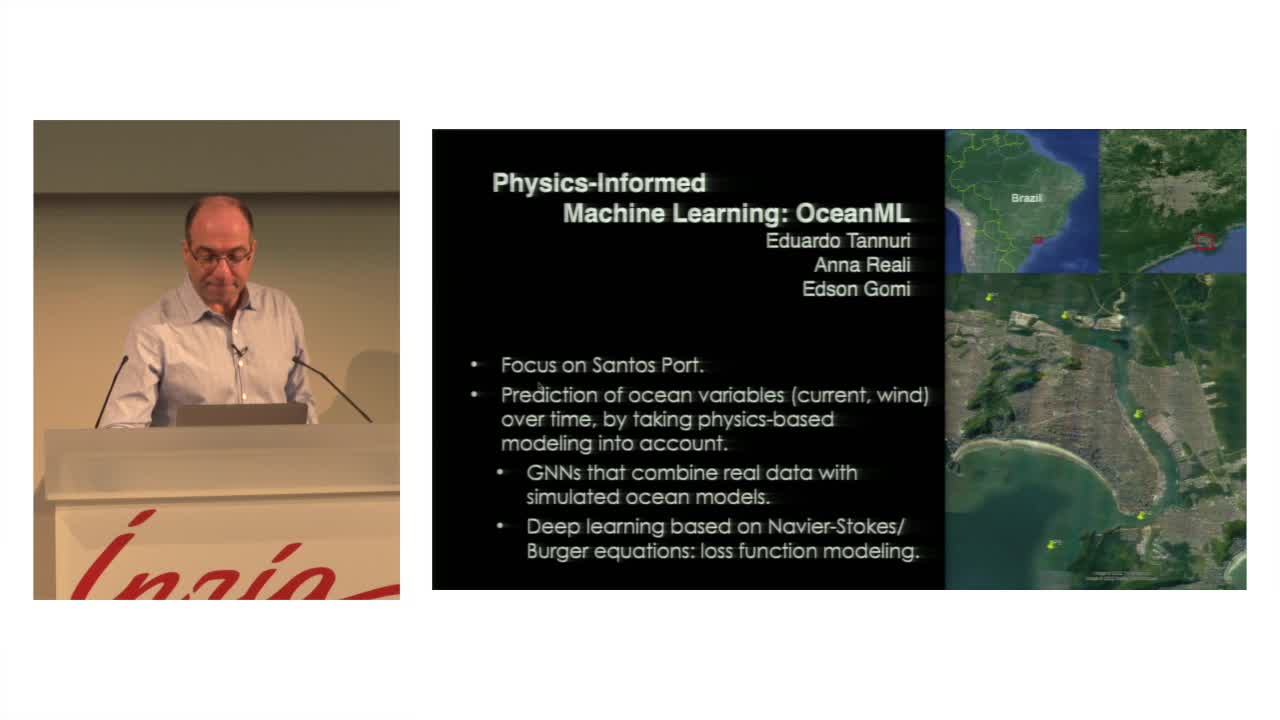Colloquium Jacques Morgenstern
Description
Série de conférences mensuelles, le Colloquium Jacques Morgenstern expose les recherches les plus actives et les plus prometteuses dans le domaine des Sciences et Technologies de l’Information et de la Communication (STIC). Les orateurs, français ou étrangers, sont des personnalités de premier plan, informaticiens, mathématiciens ou spécialistes de domaines où l'informatique est appelée à jouer un rôle majeur.
Les exposés couvrent une problématique suffisamment large pour intéresser tous les chercheurs, ingénieurs et étudiants concernés par l’avenir des STIC. Le colloquium porte le nom de Jacques Morgenstern, professeur de mathématiques à l'Université de Nice Sophia Antipolis, spécialiste de la théorie de la complexité algébrique et l’un des pionniers du calcul formel. Il a dirigé jusqu’à son décès tragique en 1994 une équipe commune à l’Université de Nice Sophia Antipolis, Inria et le CNRS.
Le colloquium est un élément de la formation de l’Ecole Doctorale STIC.
Conférences
Quantum feedback engineering, bosonic codes and quantum error correction, by Pierre Rouchon (Mines …
Quantum error correction relies on a feedback loop. This feedback generally corresponds to a classical controller. Quantum error correction can also exploit the dissipation associated with the
Storing Digital Data on Synthetic DNA: State of the Art and Open Challenges
The amount of digital data generated worldwide is continuously growing at an unprecedented rate: 90% of all existing data has been created in the last two years alone.
Angela Dai – 3D in a Large-Data World
Recent advances in machine learning have shown remarkable progress in the 2D and video domain, fueled by very large-scale data and compute. 3D, however, which is critical for applications spanning
Les paradoxes de performance des réseaux sans fil dus aux contraintes physiques
Les réseaux sans fil sont l'incarnation la plus intéressante des technologies de télécommunication. Ils sont les plus influencés par la physique de l'espace et du temps.
Spiking Control Systems
Spikes and rhythms organize control and communication in the animal world, in contrast to the bits and clocks of digital technology. As continuous-time signals that can be counted, spikes have a mixed
Des systèmes de numération pour le calcul modulaire
Le calcul modulaire est utilisé dans de nombreuses applications des mathématiques...
A multi-scale model hierarchy for material flow problems
The material flow problems under consideration are inspired by real experiments and allow for a multi-scale model hierarchy description.
Designing and Building Adaptive Genetic Control Systems
Adaptation is a recurring theme in biology, offering vital survival mechanisms in dynamic environments through precise regulation of physiological variables. This talk dives into the intriguing
Projection methods for community detection in complex networks
Community detection is one of most prominent tasks in the analysis of complex networks such as social networks, biological networks, and the world wide web. A community is loosely defined as a group
Graph Similarity
Graph similarity is the basis for many graph and network analyzing tasks.We will discuss similarity concepts for graphs that are relevant for analysis tasks on graph data sets. These include graph
Integrating Simulation, Machine Learning, and High-performance Computing to Support Public Health D…
Integrating Simulation, Machine Learning, and High-performance Computing to Support Public Health Decision Making
Research in Knowledge-Enhanced Machine Learning at the Center for Artificial Intelligence (C4AI)
Research in Knowledge-Enhanced Machine Learning at the Center for Artificial Intelligence (C4AI)
Intervenants
Auteur d'une thèse de doctorat en génie des procédés à l'École nationale supérieure des mines, Paris, en 1990
Professeur des universités en poste à l'Ecole nationale supérieure des Mines de Paris (depuis 2004)
Simulation dynamique et commande non linéaire des colonnes à distiller / Pierre Rouchon ; sous la direction de Henri Renon. Thèse Doctorat : Sciences appliquées : Paris, ENMP : 1990
Auteur d'une thèse en Sciences de l'ingénieur à Nice en 1991
Habilitation à diriger des recherches, université de Nice-Sophia Antipolis (2003)
Directeur de recherche au CNRS, laboratoire I3S, université de Nice-Sophia Antipolis (en 2016). Directeur de recherche CNRS, membre du Laboratoire d'Informatique Signaux et Systèmes de Sophia Antipolis (I3S), Université Côte d'Azur (en 2023)
Membre du jury lors d'une thèse soutenue à l'INSA Lyon en 2023
Directeur de thèse, université de Nice-Sophia Antipolis
Membre de jury d’une thèse en Informatique temps réel, robotique, automatique à Paris Sciences et Lettres en 2020
Informaticien. Directeur de recherche, Nokia Bell labs, Paris-Saclay, Nozay, Essonne, depuis 2012 (en 2018)
Auteur d'une thèse de doctorat en informatique (Paris 11, 1989)
Professeur à l'Université Catholique de Louvain
Professeur à l'Université de Cambridge, Angleterre (en 2022)
Titulaire du Doctorat en Sciences, Lyon 1 (en 1993). - Maître de conférences à l'Université de Marseille (en 1997). - Professeur des universités. Université Montpellier 2, Laboratoire d'informatique de robotique et de microélectronique de Montpellier -LIRMM- (2006). - Membre du Laboratoire d’informatique de Paris 6 -Lip6-, Sorbonne Université (en 2023).
Professeur de mathématiques à l'université de Mannheim, Allemagne (en 2023)
Professeur au département de science et d'ingénierie des biosystèmes, ETH Zurich (en 2024)
Mathématicienne. - Professeure en Algorithmes pour les réseaux complexes, Université de Twente, Pays-Bas (en 2016, en 2023)
Chercheur en informatique au laboratoire national d'Argonne, chercheur principal au Consortium for Advanced Science and Engineering à l'université de Chicago, et Senior Institute Fellow, Northwestern Argonne Institute of Science and Engineering (NAISE), université de Northwestern.
Ecole polytechnique, Université de São Paulo


